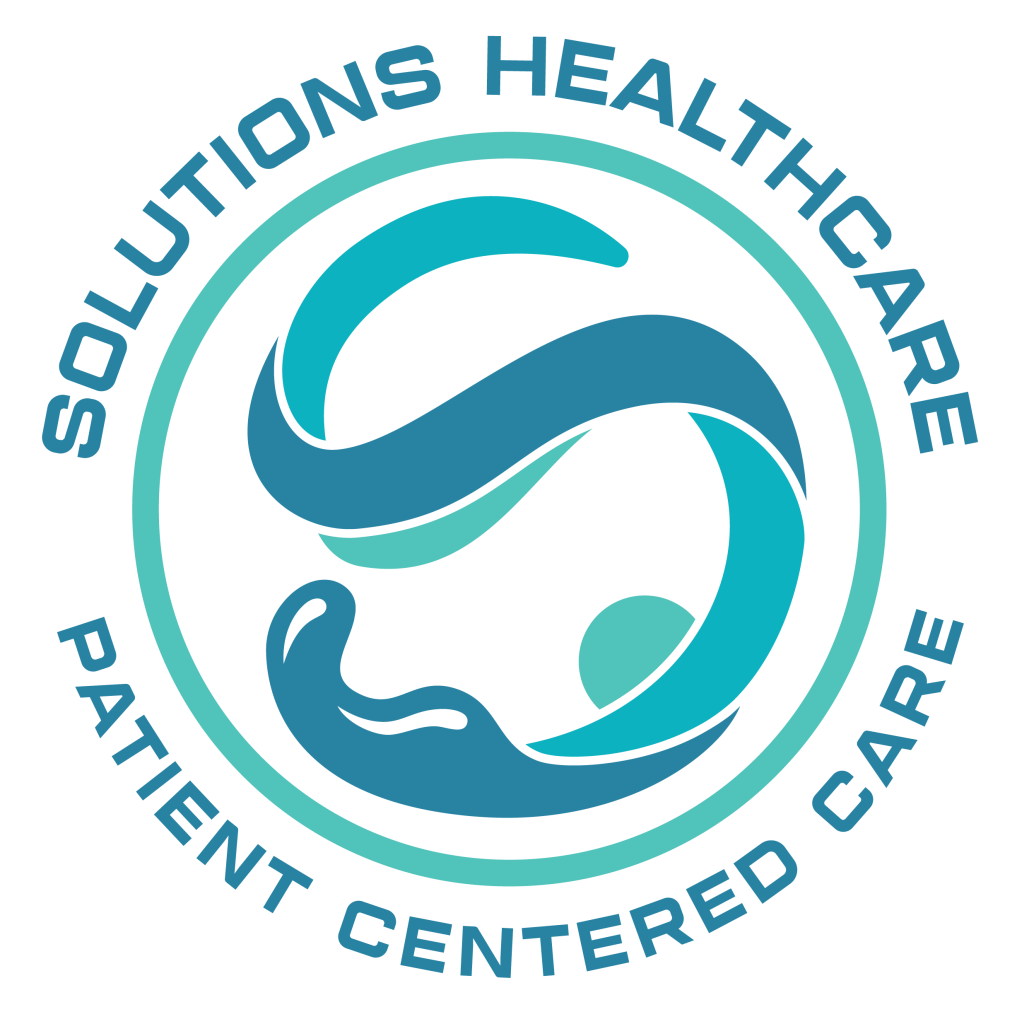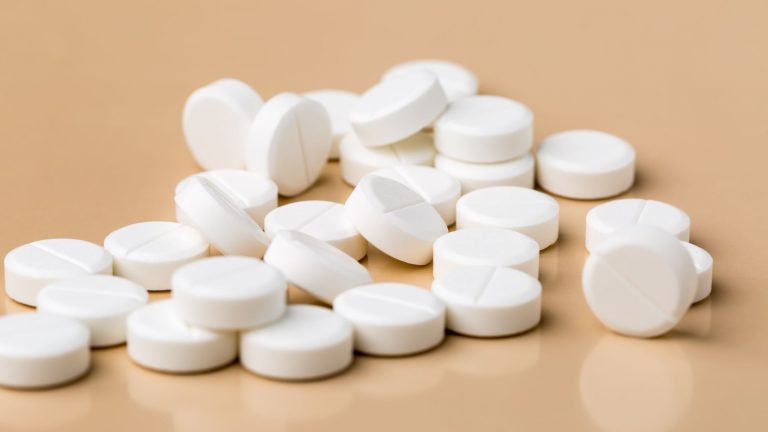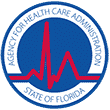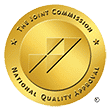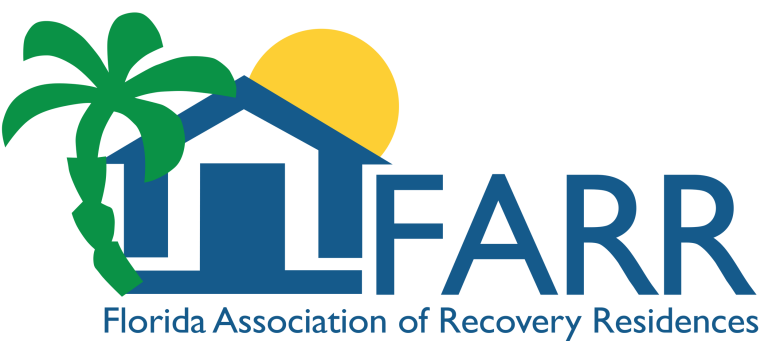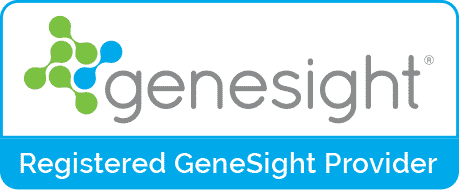Post-traumatic stress disorder (PTSD) is a mental health condition that stems from experiencing a significant traumatic event. When you are unable to cope with the lasting effects of your trauma, you can develop PTSD. Symptoms might include flashbacks or memories of the trauma, nightmares, insomnia, intense mood swings, and trouble maintaining relationships.
Oftentimes, people with PTSD begin abusing alcohol or drugs to cope with their symptoms. As a result, they develop a comorbid substance use disorder (SUD). According to the U.S. Department of Veterans Affairs (VA), 44.6% of individuals with post-traumatic stress disorder have co-occurring PTSD and SUD.[1]
When you have PTSD and addiction, you need to receive treatment for both conditions at the same time. Thankfully, dual diagnosis rehab programs like Solutions Healthcare can provide you with the care you need. During treatment for addiction and PTSD, you’ll participate in services like medical detox, evidence-based therapies, medication management, and relapse prevention planning.
How Does Treatment for PTSD and Addiction Work?
Treating PTSD and addiction can be a long road. You’ll have to engage in services for addiction and PTSD at the same time. Usually, this is done with a combination of medical detox, therapy, and psychiatric medications.
In-Depth Assessments
The first step in treatment for PTSD and addiction is an in-depth assessment. You’ll undergo a general assessment for substance use disorder that involves asking questions about your physical and mental health as well as your history of substance abuse. You will also participate in a specific assessment to ensure PTSD is the correct diagnosis.
The information gathered during your assessments will help your treatment team draft a personalized plan. Your treatment plan might include how long you’ll require inpatient or outpatient care, what types of therapies are best suited to your needs, and whether you need medication for symptoms like anxiety, depression, or insomnia.
Medical Detox
Before you begin treating the psychological effects of PTSD and addiction, you’ll need to overcome withdrawal. The exact type of medical detox services you receive will depend on what substance you are addicted to. For example, benzodiazepines are often used to control alcohol withdrawal symptoms, while Suboxone or methadone are used to manage opioid withdrawal symptoms.
In addition to receiving medication to manage your withdrawal symptoms, nurses will regularly monitor your vital signs. Some people need additional treatments like IV fluids or blood pressure medication.
Evidence-Based Therapies
Evidence-based therapies are used to manage both PTSD and addiction. Evidence-based treatments are therapies that are researched and proven to be effective in managing a specific condition.
Examples of evidence-based therapies for substance use disorder include:[2]
- Cognitive behavioral therapy (CBT)
- Motivational interviewing (MI)
- Contingency management (CM)
- 12-step facilitation therapy
- The matrix model
- Family behavior therapy
On the other hand, evidence-based therapies for post-traumatic stress disorder include:[3]
- Cognitive behavioral therapy (CBT)
- Cognitive processing therapy (CPT)
- Prolonged exposure therapy for PTSD
- Eye movement desensitization and reprocessing (EMDR)
Whether you are in inpatient or outpatient rehab, you’ll engage in both individual therapy and group counseling sessions. Therapy helps you recover from PTSD by providing you with healthy coping skills for your symptoms, lessening your risk of relapsing on drugs and alcohol at the same time.
Medication Management
While there is no medication specifically designed to treat trauma and PTSD, sometimes medications are necessary to manage certain symptoms. For example, if you deal with chronic insomnia stemming from nightmares, you might be given a sleeping aid. On the other hand, if you experience panic attacks, you might be prescribed non-addictive anxiety medication.
Relapse Prevention Planning
A huge part of addiction treatment is developing a relapse prevention plan. During the process, you’ll learn what coping mechanisms work for you and identify potential triggers for relapse. You’ll also come up with a plan of action to use in case you experience a relapse in the future.
Relapse prevention also includes aftercare, which are services offered to you after you complete your treatment program. Aftercare services for addiction and PTSD might include:
- Continued therapy
- Medication management
- Access to an alumni support group
- Referrals to outpatient or sober living programs
- Recommendations on local support groups
- Case management services like vocational assistance or help building important life skills
Get Connected to a PTSD and Addiction Treatment Center
If you are dealing with the symptoms of PTSD and addiction, it’s time to seek professional help. At Solutions Healthcare, we offer integrated treatment for mental health and substance use disorders. We can provide you with the tools and support you need to recover from post-traumatic stress disorder and addiction at the same time.
Solutions Healthcare offers a variety of treatment options and resources for dual-diagnosis services in Central Florida. We’re available for everyone looking for support and guidance toward a brighter life. We offer the complete continuum of care for all mental health and addiction challenges that you or a loved one may be experiencing. Regardless of previous treatment experience or degree of addiction or mental health complications, we can assist.
Contact us today for more information on how we can help you recover from addiction and PTSD.
References
- The U.S. Department of Veterans Affairs (VA): Treatment of Co-Occurring PTSD and Substance Use Disorder in VA
- Science Direct: Evidence-based practices for substance use disorders
- American Psychological Association (APA): Treatments for PTSD

